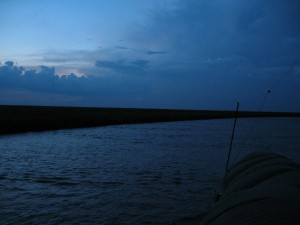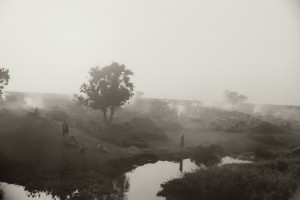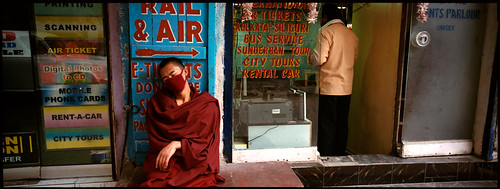 My newest piece, on the struggle for control of the Nile. Here’s the lead:
My newest piece, on the struggle for control of the Nile. Here’s the lead:
I was standing inside a colonial-era circuit house in a sprawling, malarial city called Malakal in southern Sudan. I had come to see a man about a river, but the man, an Egyptian hydrologist, wasn’t talking.
“It is forbidden,” he said solemnly, “to speak of the Nile.”
I pointed towards the window. “But it’s right there,” I said. This was, after all, a measuring station of the Egyptian water ministry, one of several it maintained in Sudan and Uganda to track the volume of the world’s longest river.
The hydrologist didn’t need to look out the window. He knew where the Nile was–he’d devoted his life to its study. But there was nothing he could say to a stranger about something so important to his nation’s survival. I might have had better luck inquiring about Tehran’s nuclear program.
You can read the whole article here, and check out other great writing on the environment at the NatGeo News Watch blog.


 It’s been days since I finished tearing through
It’s been days since I finished tearing through  Off to Calcutta for a
Off to Calcutta for a